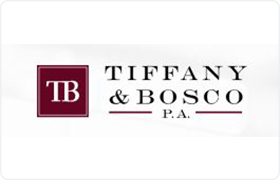Buckeye Foreclosure Lawyer, Arizona
Sponsored Law Firm
-
 x
x

Click For More Info:
-
Tiffany & Bosco, P.A.
2525 East Camelback Road Floor 7 Phoenix, AZ 85016» view mapReal Estate Law Experience. Commitment. Results.
For over 50 years, we have based our legal services on understanding and meeting our clients’ ever-changing legal needs.
800-922-6320
Kevin Robert Heaphy
Foreclosure, Litigation, Labor Disputes, Securities Fraud
Status: In Good Standing Licensed: 16 Years
Katherine O Cheney
Landlord-Tenant, Foreclosure, Real Estate, Bankruptcy
Status: In Good Standing Licensed: 23 Years
Ronald H. Moore
Bankruptcy Litigation, Foreclosure, Workers' Compensation
Status: In Good Standing Licensed: 58 Years
Roger K. Spencer
Commercial Real Estate, Foreclosure, Real Estate, Construction
Status: In Good Standing Licensed: 48 Years
 Richard Gramlich Phoenix, AZ
Richard Gramlich Phoenix, AZ AboutTiffany & Bosco, P.A.
AboutTiffany & Bosco, P.A. Practice AreasExpertise
Practice AreasExpertise
